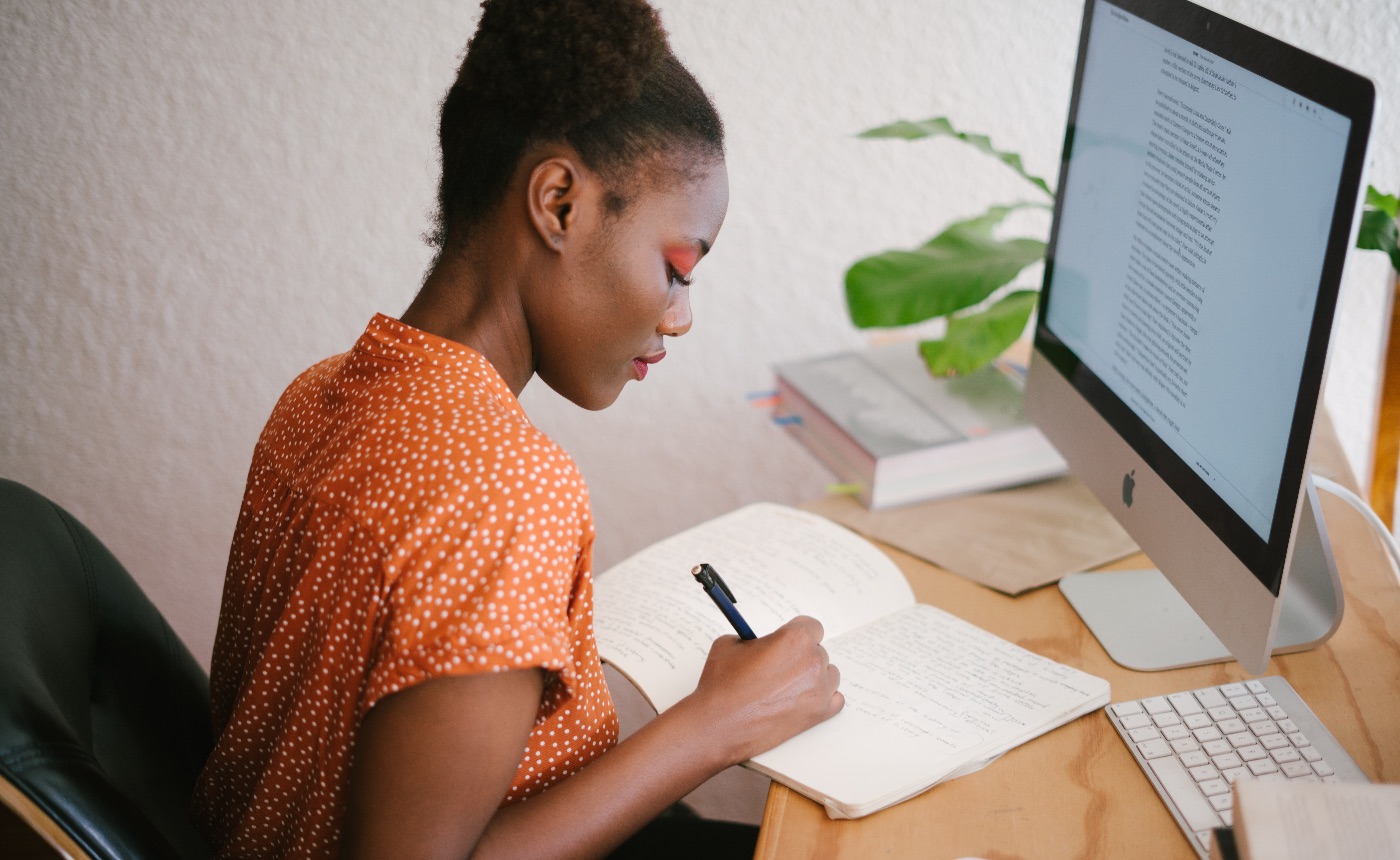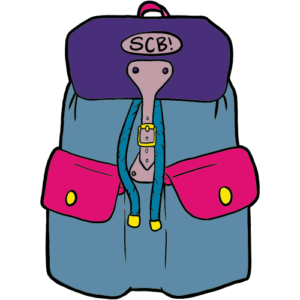I came across an article not too long ago which detailed the working day of a self-made success story. I sat down to read it, hoping to learn a few things about structuring a day as someone self-employed, but the first line threw me.
They woke at 4.30am and immediately checked their emails.
The reading didn’t get any easier; they filled their day with so much work, only dotting in the occasional lapse in productivity with the need to eat and—though minimally,—sleep, that just thinking about it was exhausting.
We are caught up with the idea that rushing around and filling our time makes us more productive and therefore more successful, when in actual fact it’s doing the exact opposite.
Is it fuelled by the envy of others and the uncertainty of ourselves? Does having social media rife with successful people wearing their 24/7 lifestyles as a badge of honour make us want to compete?
Sure, there are some people who thrive in a stressful environment, even a self-built one. But there is no glory to be had in overworking; just the imminent fallout. Because none of us are immune to burnout.

Jobs have changed and developed and many more people are working the ‘gig’ economy where you have to be quick off the mark to land the work. But even for those who aren’t vying for work, there are the second jobs and the (hideously named) side-hustles to make ends meet in a time of austerity.
These days it’s so easy to quickly check our emails out of working hours. To doom-scroll socials in the dark and see how others are awake and working and making something of themselves. Being constantly accessible is damaging us. The proliferation of tracking and measurement on our time and our self-worth makes us work longer and harder to see the instant results rack up.
It’s exhausting.
And not only that, it’s causing long-term mental damage. We’re not wired to be productive every single waking second of our lives.
The longer we work, the less productive we actually become, so the longer we work to make up for it. It’s a circle of behaviour that is hard to break in a time where our work life is at the end of our fingertips.
With more time spent working we have less time to look after ourselves. Fast food consumption increases, caffeine intake increases.
We forget to drink water throughout the day, because there’s always just one more thing to do.
At bedtimes we’re on our screens, planning, scrolling, and replying so our sleep is disrupted.
These negative behaviours can all manifest as anxiety, chronic stress, fatigue, and insomnia.
It’s time to stop.
But how do we overcome the need to run ourselves into the ground?
As an Occupational Therapist I focus on what occupations are meaningful to a person, not occupations in terms of employment—self- or otherwise—but activities and tasks that are pleasurable and enjoyable and make people’s lives have specific meaning.
Whilst occupations do include what we need and are expected to do, they are also a chance to look at what we’d like to do.
Think about what makes you happy. What activities do you enjoy? And if this includes working—and there’s no reason it shouldn’t—then make sure you carve out some non-work related activities too.
These meaningful occupations don’t have to be grand gestures, in fact, most of the time they aren’t.
Walking, baking, writing, reading, shopping, photography, listening to music, watching TV. Self-care in the form of relaxing in bed or taking a shower. Talking to friends or family or pets. Just taking time to sit quietly. Try to reset your mind from the constant need to be on it and productive, and realign with our quiet selves.
We can achieve a greater sense of wellbeing when we actively seek out experiences that nurture our meaningful occupations.
If we acknowledge that life moves at a faster pace than we can keep up with, we can start to regain control over ourselves before it’s too late.
We can still be successful. We can still be productive. But we can also be healthy and functioning; and surely that’s more important?



